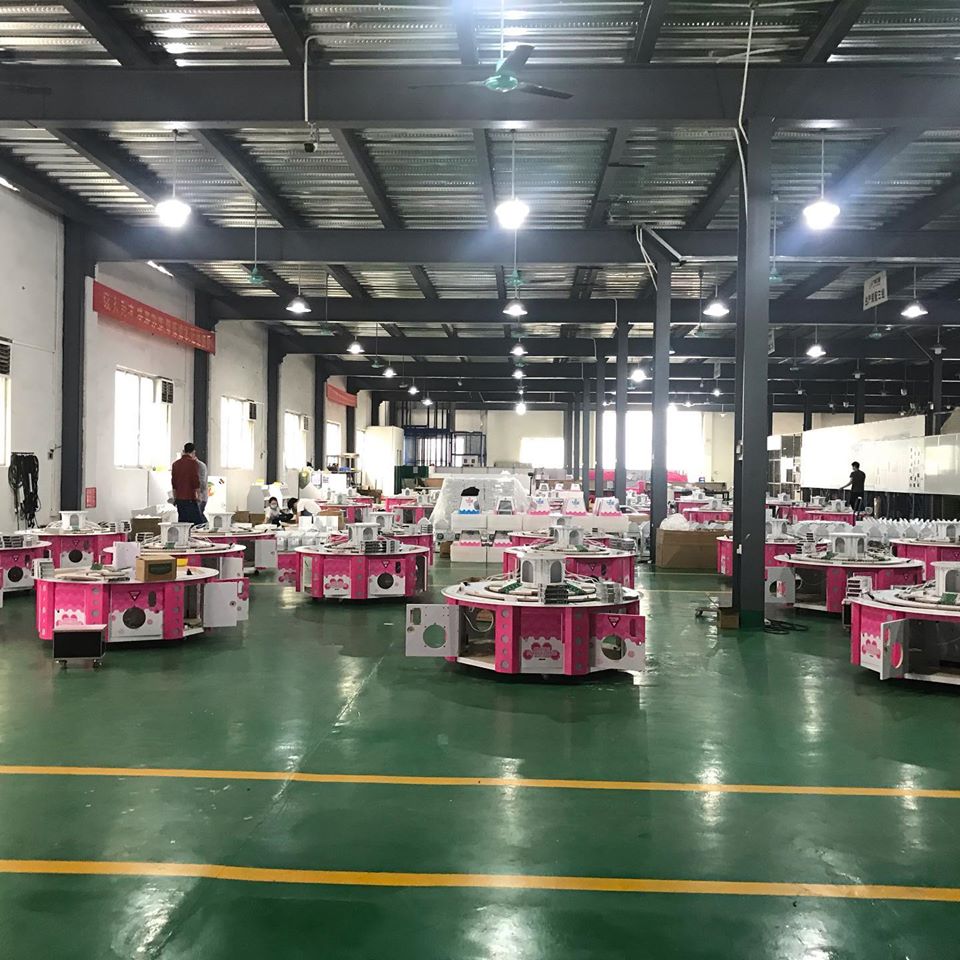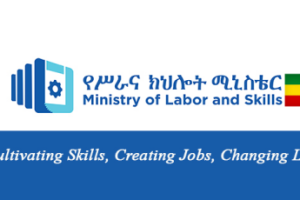
Following the government’s direction to transform the country’s economy from agriculture to industry, within a short period of time, many industries are engaged in various activities and are working to realize the economic transition. Corporate-led institutions also strive to maintain a healthy working environment by providing professional assistance and support.
Chemical and Construction Inputs Industry Development Institute to promote the rapid expansion of manufacturing industries in the country and to facilitate the transfer of manufacturing technology; It is an institution that is working with a mission to enable the sector to become a global competitor by filling the gaps in the sector with the help of organized industry input. The Institute is available to support and improve the quality of products and services in the manufacture of soap, paint, fertilizer and petrochemicals, pulp and paper products.
Director-General of Chemical and Construction Inputs Industry Development Institute, Samuel Hallala, said that the institute has accomplished a great deal in the first half of 2019/20. In particular, he noted that capacity building pieces of training have been provided to enable companies to implement kaizen practices and philosophy and increase their productivity.
In terms of boosting the economic share of the industry, it is reported that in the second half of the fiscal year, the chemical and construction inputs sector has been able to raise more than eight billion Birr. The reasons noted for the growth of the role of the industrial economy at this stage are that the industries’ benefits of tariff incentives, the availability of foreign exchange, the ability to invite new foreign investors, and incentives for the expansion of the introduction of new ones. It is also noted that the Institute’s investment capital growth has been able to reach 2.3 billion Birr.
In the first half of the year, the chemical and construction industry development sector increased production capacity. This is due to the fact that it has been facilitated by industry professional assessments, supply chain support, inter-market linkages, and quality check through exports. The total cost of the chemical industry products is over 17 billion Birr, he said.
The plan to replace imported inputs in the country has also been achieved by over 70 percent of the target for the first half of the fiscal year.
In terms of increasing treasure resources, encouraging works have been done in cooperation with different countries. For example, an agreement has been reached with the Japanese government to obtain technical support for the recycling of used tires. Besides, eight million Euros have been received from the European Union to reduce greenhouse gas emissions from cement factories.
Though it is possible to produce 17.1 million tons of cement annually in Ethiopia, it was stated on the forum that the current product does not exceed nine million tons. The reasons cited for this are lack of skilled labor in the sector, shortage of financial supply particularly foreign currency, fluctuate and breakdown in the supply of energy, problems in the supply of inputs and the current security crisis in the country. According to him, the process of exporting cement is diminishing due to the fact that all the factories are not producing with their full capacity, and due to the continued development in the construction sector of the country. As a result, it is noted that revenues the country gains from export trade has also reduced.
The Institute disclosed that it has created job opportunities for 4,987 citizens in construction and expansion projects as well as small and medium industries in the last six months, of which some 464 are women. During the half-yearly performance of the institution, the owners of the industry who participated in the discussion gave different opinions. Suzo is a factory that specializes in the production of soft paper in the industry using used papers as inputs.
The representative cited the inadequate disposal of used papers by various government agencies as a problem and advised the government to adopt a system that allows better management of used papers to be used as inputs for the factories in need.
In addition to inviting industry, the government should identify and address the problems they face after starting a business. He said that there is a lack of coordinated process for the fact that the factories’ activities are interrupted due to deprived of inputs while there is massive wastage of paper in the offices.
A representative of Sika Abyssinia Construction Chemical Company for his part said that the project would be disrupted due to a lack of foreign currency as 80 percent of its raw materials are imported. In connection with this, the National Bank will convert the Dollar to Birr if the Dollar is not used within 28 days of trying to solve the problem of exporting the product. While this is a government procedure, he pointed out that the time spent in the process of releasing the money will expire and that it is not the time to buy commodities. On the other hand, they also raise the issue of recognition and rating.
In response to the proposals, the Director-General said that expanding the industry is the government’s main focus and that there are many problems following the country’s experience in the sector. Adding, he said that the institute will continue to monitor and support future efforts to solve the problems.
The Ethiopian Herald April 14/2020
BY BACHA ZEWDIE
Photo- Internet




